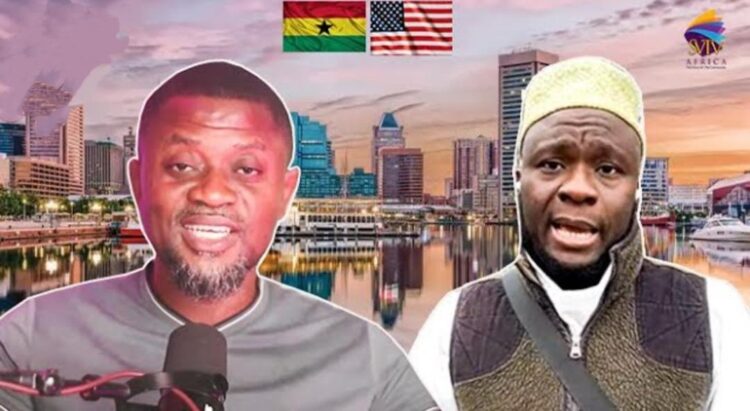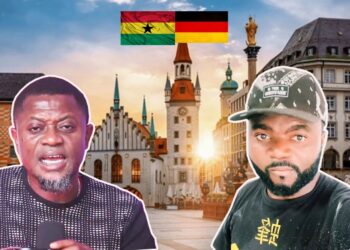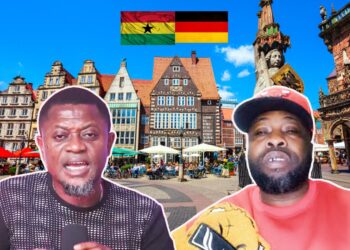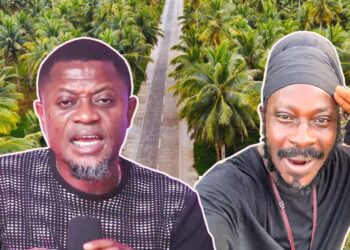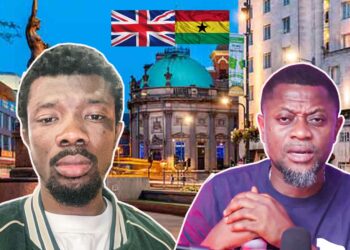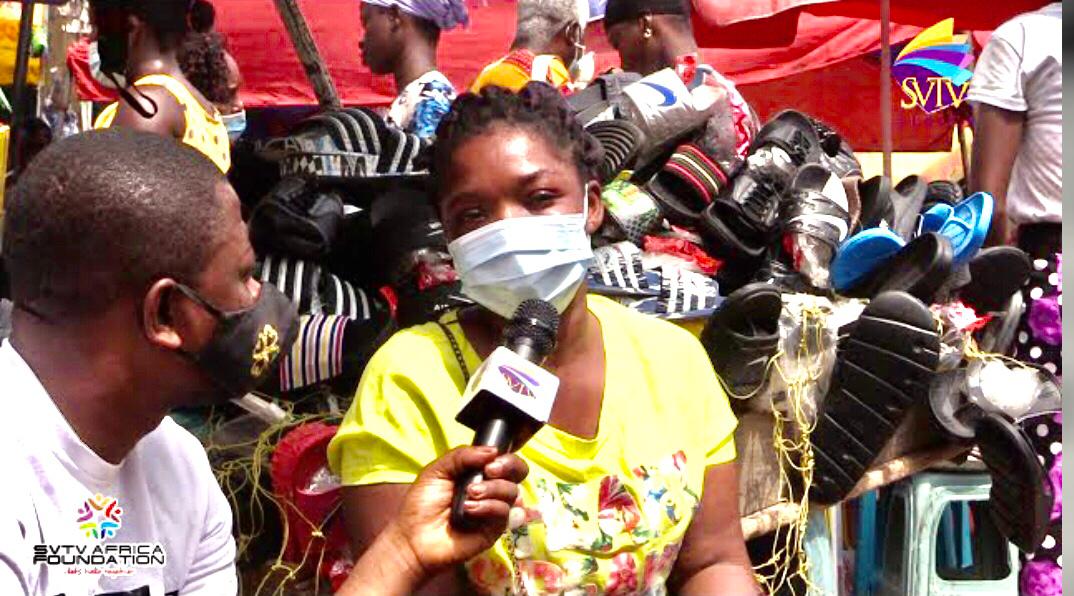Vanraba, a Ghanaian born, Brazil based recently moved his family to the US, has made waves as a regular guest on SVTV Africa’s Daily Hustle Worldwide show with DJ Nyaami.
In a previous interview, he spoke highly of Brazil and criticized America, but his perspective has shifted now that he’s relocated to the US.
He believes that while the US offers financial opportunities, the quality of life and overall support in Brazil remain unmatched.
Vanraba, who grew up on the streets, moved to the US in July of the previous year.
His wife received an offer from a top university, and the family made the decision to relocate to North Carolina from Brazil.
It was her first time in the US, despite receiving offers from various institutions for the past seven years, which Vanraba had declined until now.
He describes North Carolina as a state close to Virginia and Washington DC, where the job market pays well—about $20 an hour.
While the financial potential in the US is significant, he emphasizes that the quality of life is lacking.
No matter how much money you make, the health system is poor, and the cost of healthcare is high. He highlights that in Brazil, even without “Nkrataa” (residency), people receive proper care, unlike in the US, where even basic medical needs can cost an arm and a leg.
On the positive side, Vanraba mentions that many items for his home were acquired for free through platforms like Facebook Marketplace and Nextdoor, including a sofa and appliances.
Despite people claiming that cars are cheap in the US, he bought an old 2006 Acura for $3,000—a testament to the higher cost of living compared to Brazil.
While the US offers financial opportunities, Vanraba points out the fine line between stability and homelessness.
He explains that you can easily become homeless in the US if you’re not careful. Although money is in the system, the quality of life is not what it seems.
In Brazil, everything is affordable, and people are more willing to help. He recalls how, in Brazil, if you’re hungry, people will offer food without hesitation.
Vanraba’s main source of income in the US is the rent from his two properties in Brazil, which sustain his family.
He encourages others to invest in their home countries to be able to live the life they desire without having to work in the US. However, due to visa restrictions, he is unable to work in the US and came there to take care of his children while his wife attends school and works.
He also shares a difficult experience when his family returned to Brazil after three months in the US—upon their return, their electricity bill had skyrocketed to $800. They hadn’t even been home to use the electricity, yet the bills were waiting for them.
Vanraba expresses a desire to return to Ghana, especially when the education system improves and supports children’s needs.
He looks forward to going back to enjoy the exceptional food in Ghana, which remains one of his strongest ties to his homeland.
In the end, while money may be in the US, it’s clear to Vanraba that Brazil offers a better quality of life. He advocates for those with the opportunity to invest back home, so they can enjoy the life they want without being bogged down by the challenges of the US system.

